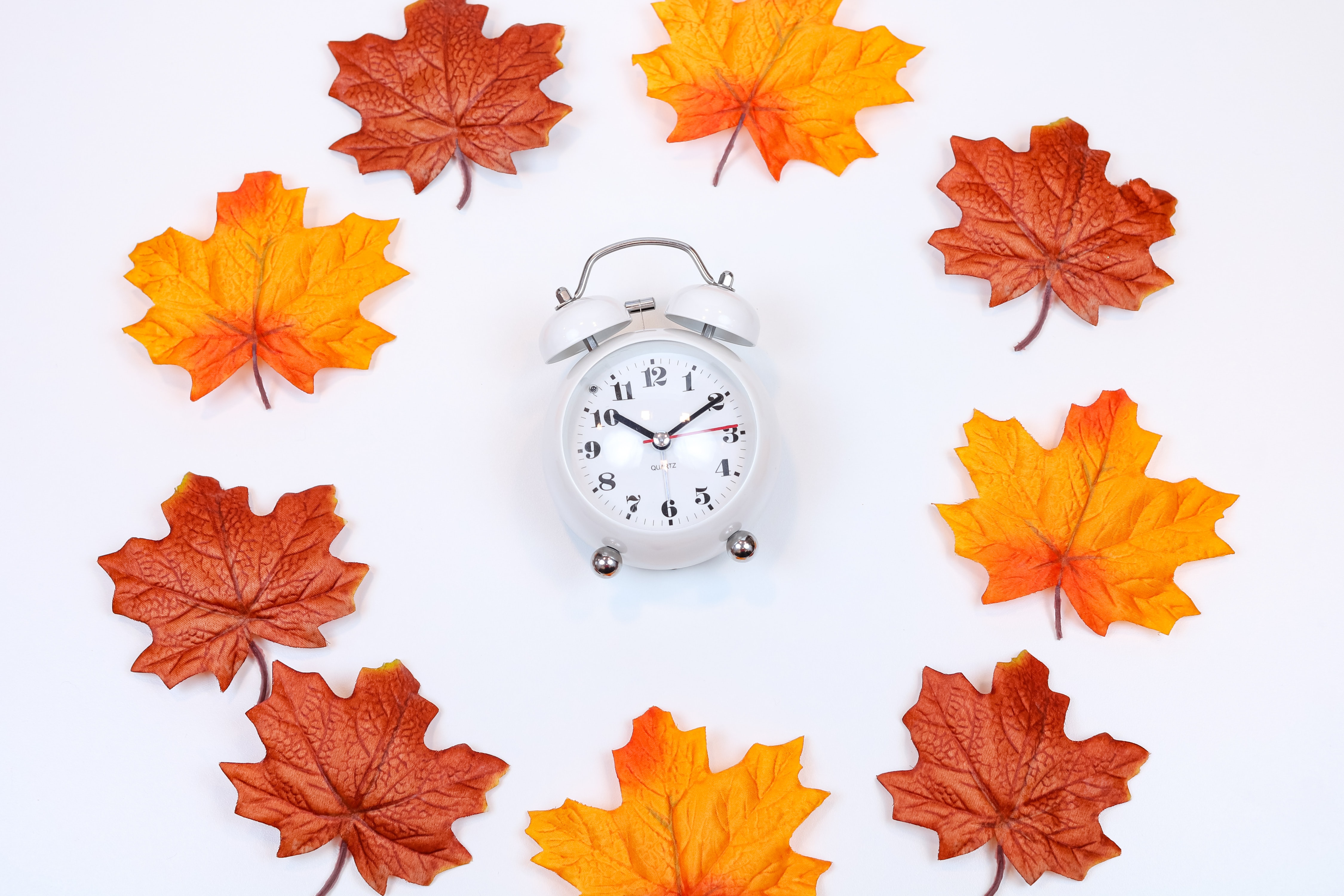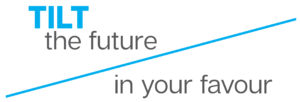
07 Nov Tell me more about recovery mode
![]() “Tell me more about Recovery Mode” was the predominant question back from my readers, who were intrigued after reading about it in the Integration week edition. Here are some answers that barely scratch the surface of this topic:
“Tell me more about Recovery Mode” was the predominant question back from my readers, who were intrigued after reading about it in the Integration week edition. Here are some answers that barely scratch the surface of this topic:
Data hoarders
- We are living at a moment in time when information is freely available. But many of our learned research habits prioritize absorbing, memorizing, storing and regurgitating information. That is what made the middle-class professions so valuable in the Industrial Era.
- We live at a time of FOMO. We dare not miss out.
Given 1 and 2, we are constantly chasing information, absorbing more content, trying to place it all in context, and running after the next bright shiny object. More books. More courses. More. More. More.
After a while, we end up being “data hoarders”. And yes, I am guilty! One time I had 43 open tabs on my browser, and I feared my PC crashing as I “might” lose a thread of a thought that could be the germ of an idea.
That is a lot of juggling and mental load.
True learning requires a learning loop – a moment for consolidation. It allows us to weed through the myriad data points we absorbed these past weeks, and keep only what is necessary.
As I describe in The Learning Loop chapter in my book “Contours of Courageous Parenting – Tilting Towards Better Decisions”, this really is a superpower. Because it allows us to make the information ours. We absorb it in a way that benefits our unique way of living. Someone else’s aha now becomes our learning. And development.
My current solution: I am learning about building myself a “second brain” as a way to safely squirrel away these nuggets, ready for when I need them.
Why is recovery mode a key 21st-century skill?
Release is a core part of breathing.
In Thank you for Being Late, Thomas Friedman quotes U.S. surgeon general Vivek Murthy:
The heart pumps in two cycles—systole, when it contracts, and diastole, when it relaxes. And one of the things we often think is that contraction is the most important phase, because that is what gets the blood pushed out everywhere around your body. But you realize when you study medicine that it’s in diastole—when the heart relaxes—that the coronary blood vessels fill and supply the heart muscle with the lifesaving, sustaining oxygen that it needs. So without diastole there can be no systole—without relaxation there can be no contraction.
Learning to take a break, and a breath. Learning good sleep hygiene (including turning off our screens before bed). Research is uncovering that the resting stage is healthy – and necessary for our brain development.
In a 24/7 world that is always on & demanding rapid response, we need to be proactive about creating moments of space that allow us to inhale the good information, process it, so we are able to exhale great ideas.
The world is in desperate need of good solutions, and the “best idea can come from anyone, anywhere at any time.”
My current solution: Trying to create a space between one course and another, so that I can process my learning by reviewing and summarizing my notes.
I’m still learning
These ideas come onto my radar because I do not do them correctly. Historically, I give a project my all, my undivided attention. Then I crash for a day or a week after. It is my pattern – one that I do not want my kids to repeat as they enter the professional stage of their lives. But one that I am constantly striving to recognize and break.
There is another idea called “Active Recovery”. But that is for another post.
My current solution: Sharing these ideas with my kids.
MAKE. TAKE. TALK.
How do you incorporate recovery into your planning? Is it a reactionary afterthought, or planned ahead?
Last week, two readers shared some interesting ideas. Julie Freedman Smith shared that she unplugs her phone each Sunday and finds it forces her to convert her Instagram scrolling time. “I go do stuff. OR I go and do nothing. The day goes on forever. There is so much extra time to pause, reflect, bake, walk, read, or do what I want (and figure out what that is.)”
Joann Malone, author of “Awake to Racism” reflected:
“I like this thoughtful approach. And it occurs to me that this invitation to pause, ponder and reflect is a very necessary future skill as the world around us speeds up.
YES! My husband and I decided one year to be kind to ourselves and do something different for at least a DAY per month! It works. It really makes a difference in our energy and productivity in our regular routine of work, producing music and books.”
What will you think up?
CREDIT & THANKS; DEFINITIONS & RESOURCES:
- My book “Contours of Courageous Parenting – Tilting Towards Better Decisions” is available on your local Amazon site
- Find a version of this thought for today article on LinkedIn, Instagram
- Photo, audio & video credits: Karena de Souza
Are you visiting for the first time? Would you like to sign up for a weekly dose of this kind of information?



No Comments